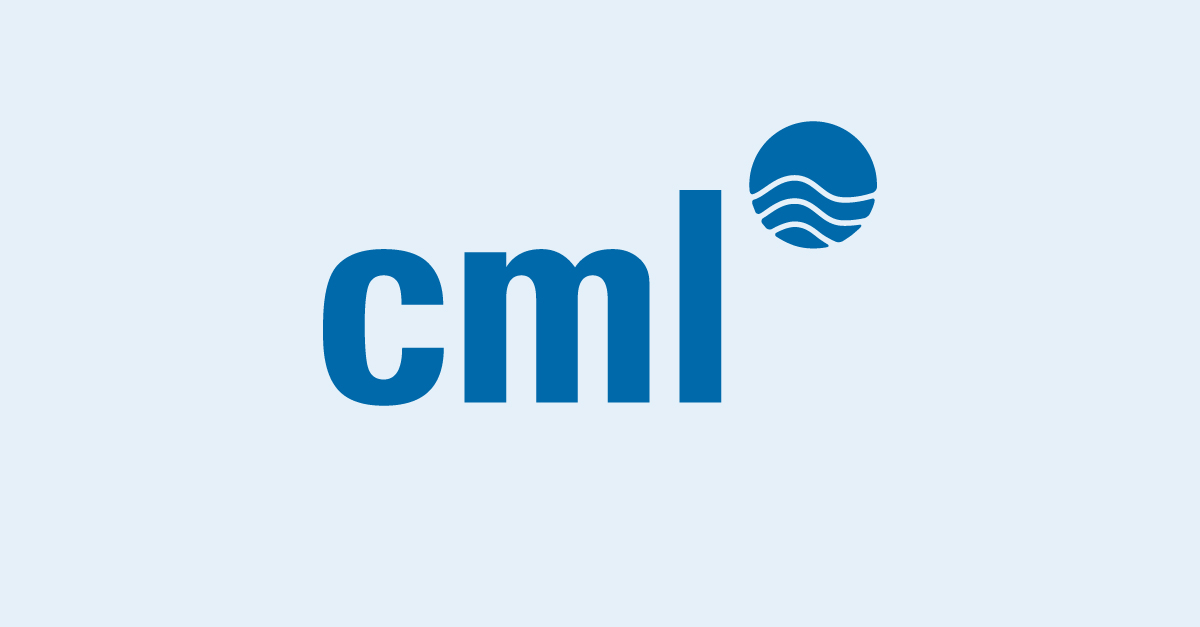For most people, just the thought of a salary negotiation can be intimidating, and the process can be awkward and uncomfortable if you’re not prepared.
Whether you’ve just received a job offer or you’re up for a promotion at your current employer, you should be considering the importance of salary negotiations and what that means for your future.
According to a study by global staffing firm Robert half, only 39% of candidates tried to negotiate the salary with their last job offer. Of those people who did negotiate, they were able to increase their salary by over 7%.
Now, I know 7% doesn’t really sound like all that much when you think about it without context so why is this significant? Well, first off it is important to note that often raises and promotions are calculated as a percentage of salary, so if you’re starting at a lower salary, you’ll grow slower too. Example: if you were hired at $100K per annum and your colleague managed to negotiate their salary 7% up to $107k, presuming you and your co-worker are treated the same from that moment on it will take you 8 years to be as wealthy as them at retirement.
Moral of the story? Salary negotiation is important and it’s time to learn how; that’s where Nova comes in as we’re here to help to get you prepared for that courageous conversation!
Before the Salary Negotiation:
1. First and Foremost, Speak to Your Recruiter
If you have a job offer on the table and you’ve been speaking to a recruiter throughout the process, speak to them about what you’re looking for in a salary and if you’re wanting more than the offer reflects. Recruiters have developed a relationship built on trust and market expertise with both their candidates and clients, so will be able to give you some insight as well as be a great mediator to negotiate on your behalf, so always go through your recruiter!
2. Know Your Value
If you’re you’re thinking about salary negotiation, first you need to know the value of your skills in the current market. You need to know what the benchmark looks like for your position in your specific industry in your specific geographic location, because all of this can make a difference to what a salary might look like! Confidence is key in these conversations, and without being fully prepped and knowledgeable, you’ll never have the confidence that you need to have this conversation with the outcome you’re hoping for.
Here are some questions to consider as you begin your market research:
• What is the national average salary for the position?
• How much do similar companies in your area pay employees in this position?
Some of the best ways to look into this salary information is to look on search sites like Glassdoor, look at recent positions posted in the Cayman compass (or whatever your local job posting site/newspaper is) and by speaking to other individuals in your field (ideally both men & women to avoid any gender pay gap that may exist).
Another easy way to gain insight into the current market is to speak to recruiters like our team here at Nova! Recruiters have a really good insight into the market and know what people with your experience and expertise are worth, so use it to your advantage! We work on positions with clients all across Cayman and have a great insight into what the going value for skills is currently and what competitive benefits packages look like for someone with your experience and expertise. Some recruiters even pull together salary surveys on an annual basis and may have this data publicly available to see.
3. Prepare a Highlight Reel of Your Contributions to the Company
Our next piece of advice is to pull together a brag sheet, or a one-page summary that highlights all of the things you do as an employee that makes you amazing. Have some key achievements ready to mention alongside that market research that you found – this will help to back up your findings on a more personalized level and tailor it to how you add continued value to the company.
List any accomplishments, awards, and customer or even co-worker testimonials that you’ve received since your last review. You want to demonstrate your value to your boss or whoever it is you’re meeting with about this negotiation. You don’t necessarily need to give them this brag-sheet, but by pulling this together, you will have consciously thought about it and feel more prepared and confident when negotiating.
4. Practice Makes Perfect
Practice, practice, practice! We can’t stress how important this is, because if you are nervous about negotiating salary (which most people are!), the only way to feel more confident is to feel prepared and that happens through practice! Write down what you want to say, and practice to a mirror, on video, or with a friend until you’re comfortable having the conversation and know your major points by heart.
5. Set the Meeting for a Thursday
Studies show that you’re more likely to get a raise if you ask on Thursday. Why you may ask? Well, psychology of course!
We tend to be a little less flexible and agreeable at the beginning of the week, probably because we’re wishing it was still the weekend and that we were watching Netflix. As the week goes on, we become more flexible and accommodating, we stray away from choosing a Friday as often they can be a little hectic trying to wrap up work for the weekend, so Thursday is the perfect choice!
Note – If you’ve received a job offer and want to see the salary a little higher, don’t make your potential new employer wait a whole week to hear this because you’re waiting for a Thursday. Use your best judgement on when to mention this to them as they will be impatiently awaiting your decision, so don’t put them off!
The Main Event:
6. Treat it as a Collaboration, Not a Fight.
Never approach a salary negotiation as an ultimatum — an either/or — but rather as a collaborative process and a unique opportunity to create a compensation package that makes sense for both you and for them.
7. Demonstrate Your Value
Before you start talking salary you need to talk about what value you have added to the company and more importantly, what value you can continue to add in the future! Remember that highlight reel? Now’s your chance to walk through your accomplishments with your manager or your potential new boss to really show your worth – the key here is to have proof that you’re indispensable to your organisation.
8. Say an Exact Figure!
You should never use the word “between” when negotiating. When it comes to salary, that means don’t give a range like “I’m looking for between $60K and $65K.” If you say this, it makes you seem as though you’re happy with any number on that scale so why would the person you’re negotiating with not immediately jump to the smallest number?
By saying a precise number, you are more likely to get a final offer closer to what you are hoping for. Why? We’re glad you asked! Psychology shows this is because you will seem to have done more extensive research into your market value to reach that specific number (which you should have if you read #2 on this list).
9. Don’t Get Too Personal
While it might feel logical to explain your personal financial situation as your reasoning for needing to earn more money, this can also ruin your salary negotiation. Remember you’re negotiating for a better salary, but they are still a business and so they will be much more engaged when you focus on your performance and achievements and make it business-related.
10. Think Beyond Dollars and Cents
What if your boss (or the hiring manager) really won’t budge on salary? Try negotiating for flex time, more vacation time or other benefits that would be competitive for you.
Other possible benefits:
- Child and Eldercare benefits
- Higher pension contributions
- Life and disability insurance
- Professional development programs
- Tuition reimbursement
Putting All Of This Into Practice
So, you’re probably thinking this is all great – but how do you actually say all this in reality? What are the words you actually should say in a salary negotiation? Read below for a possible example!
Example:
“Thank you for sending over the job offer package for the Senior HR Manager position. I am excited about the opportunity and would like to reiterate how grateful I am you’ve considered me for this role. I believe in your firm and know I could help you drive even greater results in employee engagement, recruitment campaigns and develop policies and procedures to further refine the firm.
However, before I accept your offer, I want to address the proposed salary. As I shared during the interview process, I have more than twelve years of experience in HR, including eight years of experience at the leadership and management levels. In my role at my current employer, I have reduced time-to-fill on recruitment efforts by 50%, increased offer acceptance rates by 23% and implemented a regional benefits strategy for the firm that has been regarded as ground-breaking in this industry here in Cayman.
Given my experience and expertise, I am seeking a salary of $125,575. However, I am open to discussing alternative compensation, such as opportunities for additional stock options, increased performance-based bonuses or a guaranteed salary review after a short probationary period.”
If you’re interested in learning more about salary negotiation please check out our upcoming trainings tab as we host training on how to navigate these difficult conversations on a near-monthly basis. If you are looking for the current market value of salaries feel free to check out our most recent salary guide made in partnership with Nova Recruitment.
_________________________________________________________________________________
Louise Reed is the Co-Founder & Board Member at Connect by Nova, as well as the Managing Partner at CML Offshore Recruitment, one of the primary partners of Connect by Nova. If you are currently located in the Cayman Islands and are looking for a career move, Louise and her team at CML Offshore Recruitment are here to help.
We hope that this post has been a helpful insight into planning for career progression. If you are looking for more tailored advice about progression or new career opportunities, feel free to email connect@nova.ky and speak to a member of the career team about training and bespoke services offered to help you #AchieveCareerSuccess.


